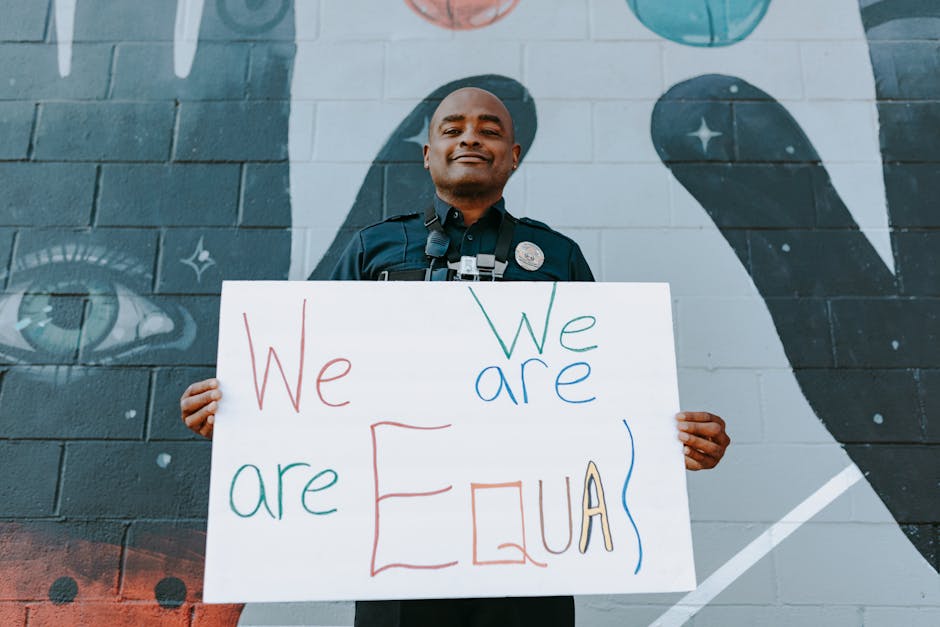
Promoting Inclusivity: How Allyship Can Create a More Diverse and Accepting Society
When it comes to creating a more diverse and accepting society, allyship plays a crucial role. By promoting inclusivity and actively supporting marginalized communities, allies have the power to make a significant impact on social change.
But what exactly is allyship? Allyship refers to the practice of individuals from privileged groups advocating for and taking action in support of marginalized communities. It is a collaborative and ongoing process that involves recognizing one's privileges and using them to combat systemic prejudices and discrimination.
Through allyship, individuals can amplify the voices of marginalized groups, challenge discriminatory behaviors and policies, and work towards creating a more inclusive society. Here are a few ways in which allyship can contribute to positive social change:
- Amplifying Marginalized Voices: Allies can use their platforms and privileges to amplify the voices of marginalized communities. This can include sharing their stories, experiences, and perspectives, and creating space for them in discussions and decision-making processes.
- Addressing Biases and Stereotypes: Allies can actively work on unlearning biases and stereotypes they may hold. This involves reflecting on their own beliefs and attitudes and challenging them when necessary. By addressing biases, allies can contribute to creating a more inclusive and accepting society.
- Taking Action Against Discrimination: Allies play a crucial role in standing up against discrimination and advocating for change. Whether it's speaking out against discriminatory policies, supporting marginalized communities during times of injustice, or participating in protests and social movements, allies actively contribute to dismantling oppressive systems.
- Supporting and Educating Others: Allies can provide support and education to those around them. This can involve having conversations with friends, family, and colleagues about systemic oppression, privilege, and the importance of inclusivity. By sharing knowledge and resources, allies help create a more informed and empathetic society.
Allyship is not a one-time act but an ongoing commitment. It requires continuous self-reflection, learning, and action. By promoting inclusivity, challenging biases, taking action against discrimination, and supporting and educating others, allies contribute to a more diverse and accepting society.
